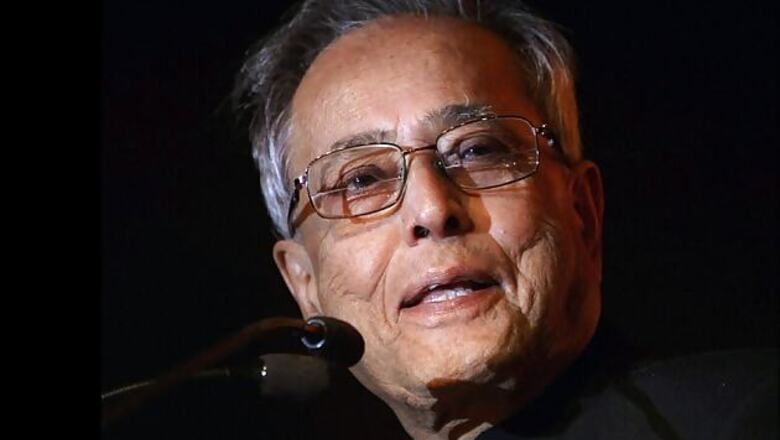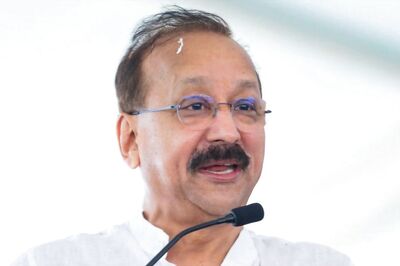
views
New Delhi: Government on Wednesday justified its decision to neutralise the impact of Supreme Court decision in the Vodafone case by amending the Income Tax Act with retrospective effect suggesting it was to prevent outflow of Rs 40,000-Rs 50,000 crore from the exchequer.
Winding up a debate on Finance Bill in the Rajya Sabha, Finance Minister Pranab Mukherjee said Parliament is omnipotent and has right to change any provision of the Constitution.
He said the government had to amend the Income Tax Act following the Supreme Court judgement to prevent outflow of Rs 40,000-Rs 50,000 crore from the exchequer.
With the passage of the Finance Bill, 2012 by Parliament, the British telecom giant Vodafone might have to pay Rs 20,300 crore as tax, interest and penalty on its acquisition of Hutchison stake in Hutchison Essar in 2007. The deal was signed in Cayman Islands.
"Indian Parliament is omnipotent...It has the power to amend any Article of the Constitution," Mukherjee said, adding the government's decision should not be seen as disrespect to Supreme Court.
"It is not to ignore the constitutionally assigned responsibility of the Supreme Court...As judiciary has the right to interpret law, legislature has the right to enact law. In the process, if there are divergences of opinion it should be treated as confrontation, it is the honest difference of opinion. If we make an attempt of reconciling that honest difference of opinion, it is not wrong," he said.
Mukherjee said he had told UK Chancellor of Exchequer George Osborne "(what) you have done in your country and I have exactly done it".
The Finance Minister informed the House that there are many companies that accepted the interpretation of Indian Tax laws and paid taxes. They did not challenge the tax demand.
"Supreme Court's interpretation, unless it is changed by the subsequent amendment to the Act, stands as the law. I shall have to Rs 40,000 to Rs 50,000 crore (collected as tax), which is not acceptable," he said.
Mukherjee said India was guided by global treaties and the retrospective amendments would not override the Double Taxation Avoidance Agreements (DTAAs) with 82 countries.
Asserting that India is not a "tax haven", Mukherjee said "companies will have to pay it (tax), if (they) make gain on an Indian asset".
He said Vodafone was told twice that "your transactions are going to attract tax. We have responsibility to deduct taxes and India is not a tax haven."
"I want foreign exchange. But for that I would not like India to convert into Cayman Island or Isle of Man...India will have to be a country which will honour its international commitment. At the same time, we will have the legitimate tax demands," he added.
Vodafone had earlier won the tax case in the Supreme Court after it turned down the judgement of the Bombay High Court. The amendment to the I-T Act seeks to tax overseas mergers and acquisitions involving domestic assets.















Comments
0 comment